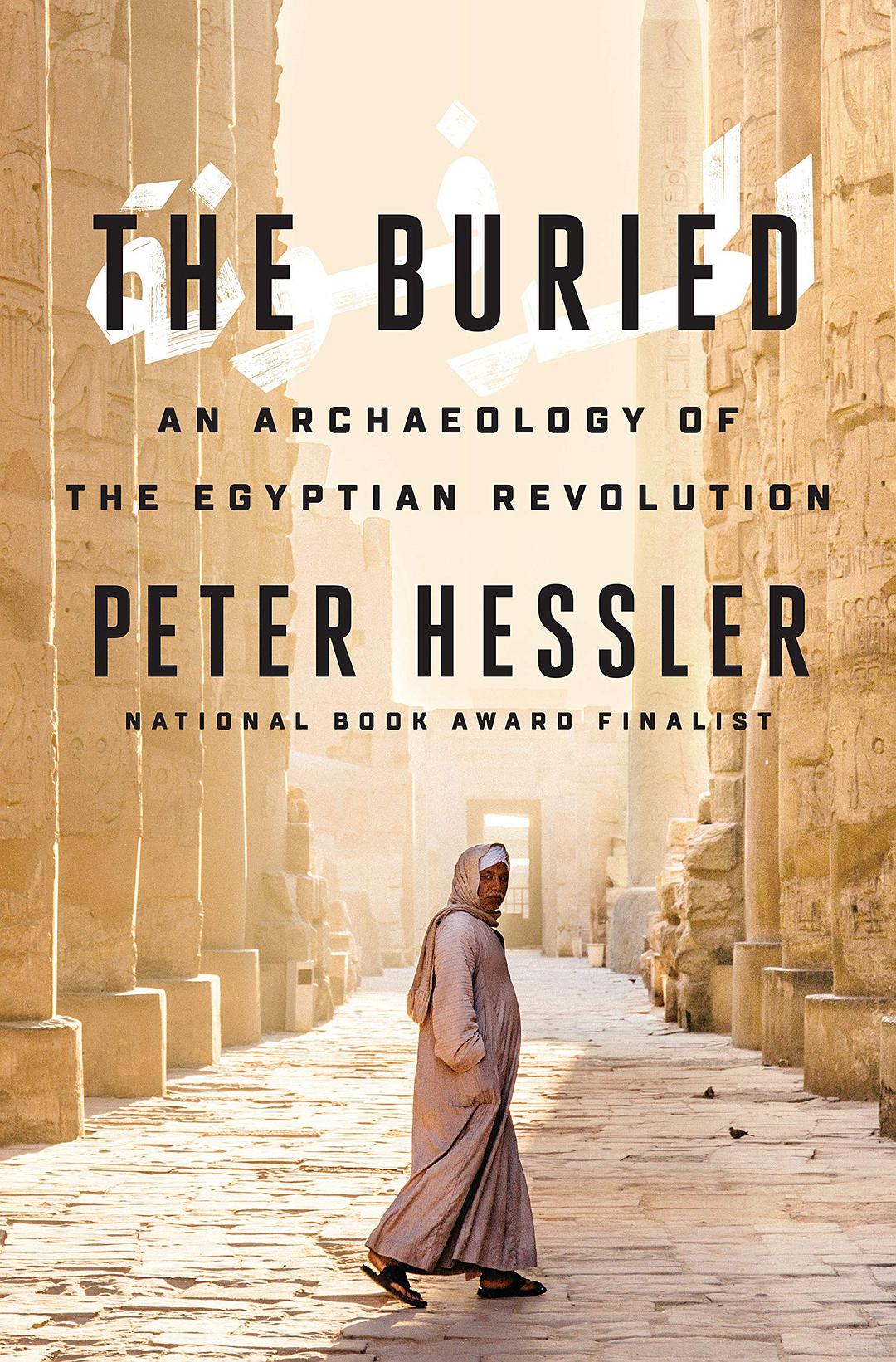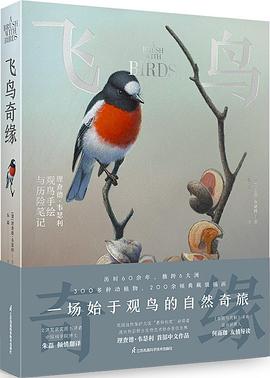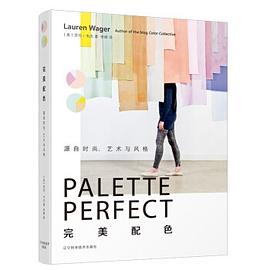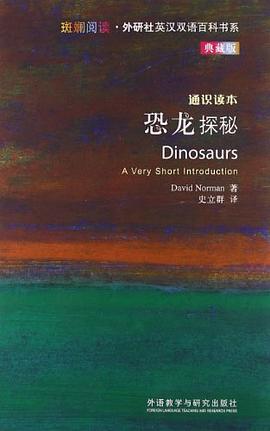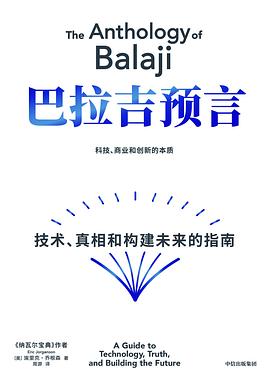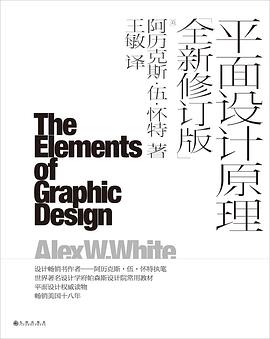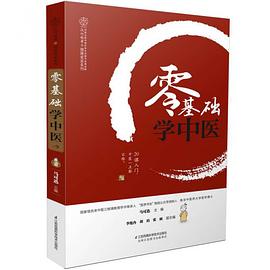The Buried
内容简介
From the acclaimed author of River Town and Oracle Bones, an intimate excavation of life in one of the world's oldest civilizations at a time of convulsive change
Drawn by an abiding fascination with Egypt's rich history and civilization, Peter Hessler moved with his wife and twin daughters to Cairo to explore a place that had a powerful hold over his imagination. He wanted to learn Arabic, explore Cairo's neighborhoods, research ancient history, and visit the legendary archeological digs. After years of covering China for The New Yorker, friends warned him it would be a much quieter place. But just before his arrival, the Arab Spring had reached Egypt and the country was in chaos.
In the midst of the revolution, he attached himself to an important archeological dig at a site rich in royal tombs known in as al-Madfuna, or "The Buried." He and his wife set out to master Arabic, striking up an important friendship with their language instructor, a cynical political sophisticate named Rifaat. And a very different kind of friendship was formed with their garbage collector, an illiterate neighborhood character named Saaed, whose access to the trash of Cairo would be its own kind of archeological excavation. Along the way, he meets a family of Chinese small business owners who have cornered the nation's lingerie trade; their pragmatic view of the political crisis is a bracing counterpoint to the West's conventional wisdom.
Through the lives of these ordinary Egyptians in a time of tragedy and heartache, while drawing connections between contemporary politics and the ancient past, Hessler creates a richly textured and original portrait of a revolution and the people swept up in it. Whether he's investigating the relics of pharaohs, the neighborhood trash that Saeed brings him, the Arabic vocabulary lists from Rifaat, or the Muslim Brotherhood documents left behind after mobs have looted their offices, Hessler finds subtle and illuminating insights to understand a nation from a new perspective.
What emerges is a book of uncompromising intelligence and glorious humanity. Through the lives of Saeed and Rifaat, we encounter a land in which a weak state has collapsed but its underlying society remains painfully the same. The Buried is an extraordinary achievement that unearths a new world for the reader, one filled with unforgettable people who escape their context and become universal.
......(更多)
作者简介
Peter Hessler is a staff writer at the New Yorker, where he served as Beijing correspondent from 2000-2007 and Cairo correspondent from 2011-2016. He is also a contributing writer for National Geographic. He is the author of River Town, which won the Kiriyama Book Prize, Oracle Bones, which was a finalist for the National Book Award, Country Driving, and Strange Stones. He won the 2008 National Magazine Award for excellence in reporting.
......(更多)
目录
Part One: The President
Part Two: The Coup
Part Three: The President
Acknowledgments
Notes
Indes
......(更多)
读书文摘
古埃及人一开始就把自己的土地分成上埃及与下埃及;南方在“上”,北方在“下”,由于现代人是用罗盘来定位方向,而非二流,因此古埃及人的这种划分地理方式会让现代人感到困惑。就这一点来说,人们的想象必须重新校准。
......(更多)
